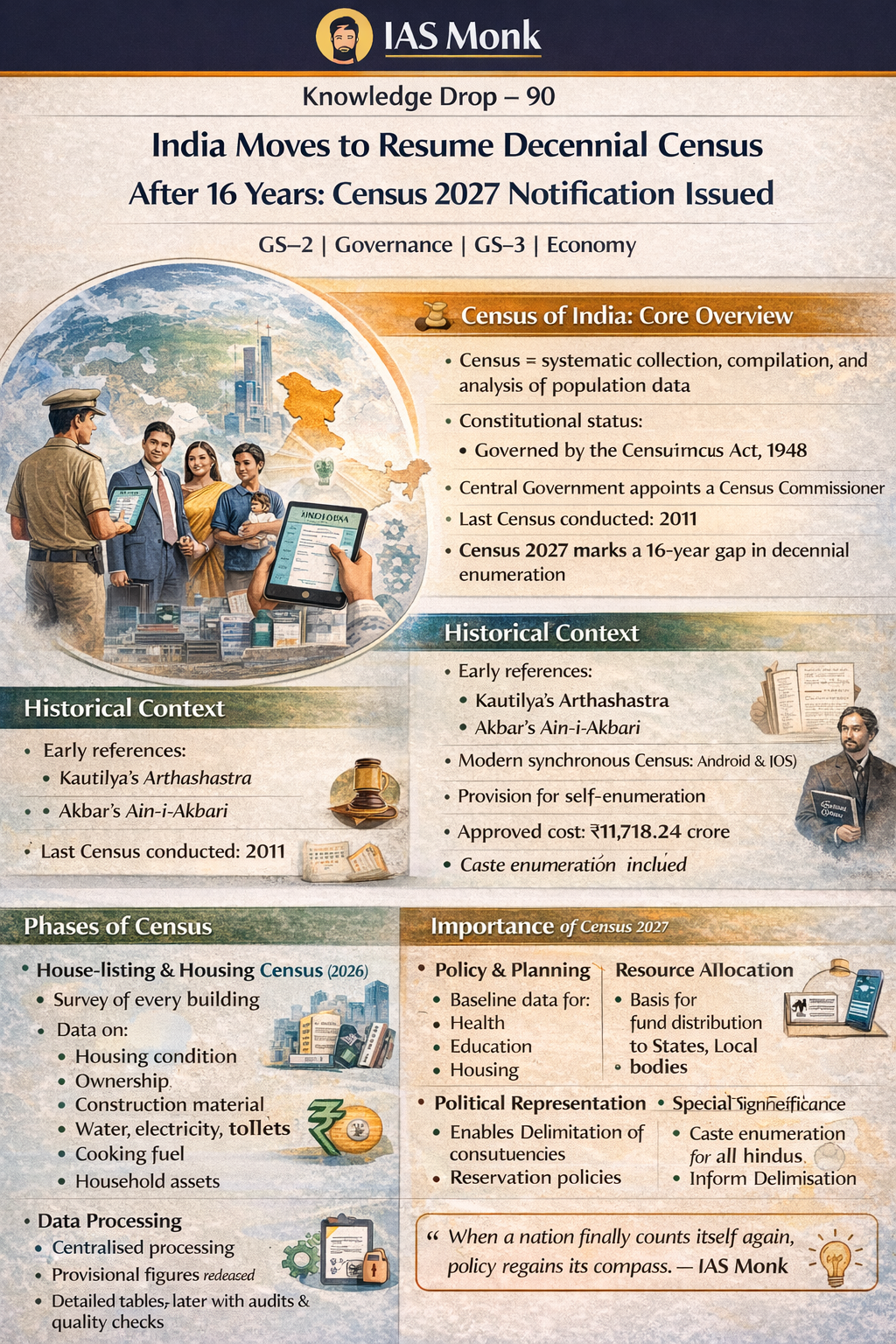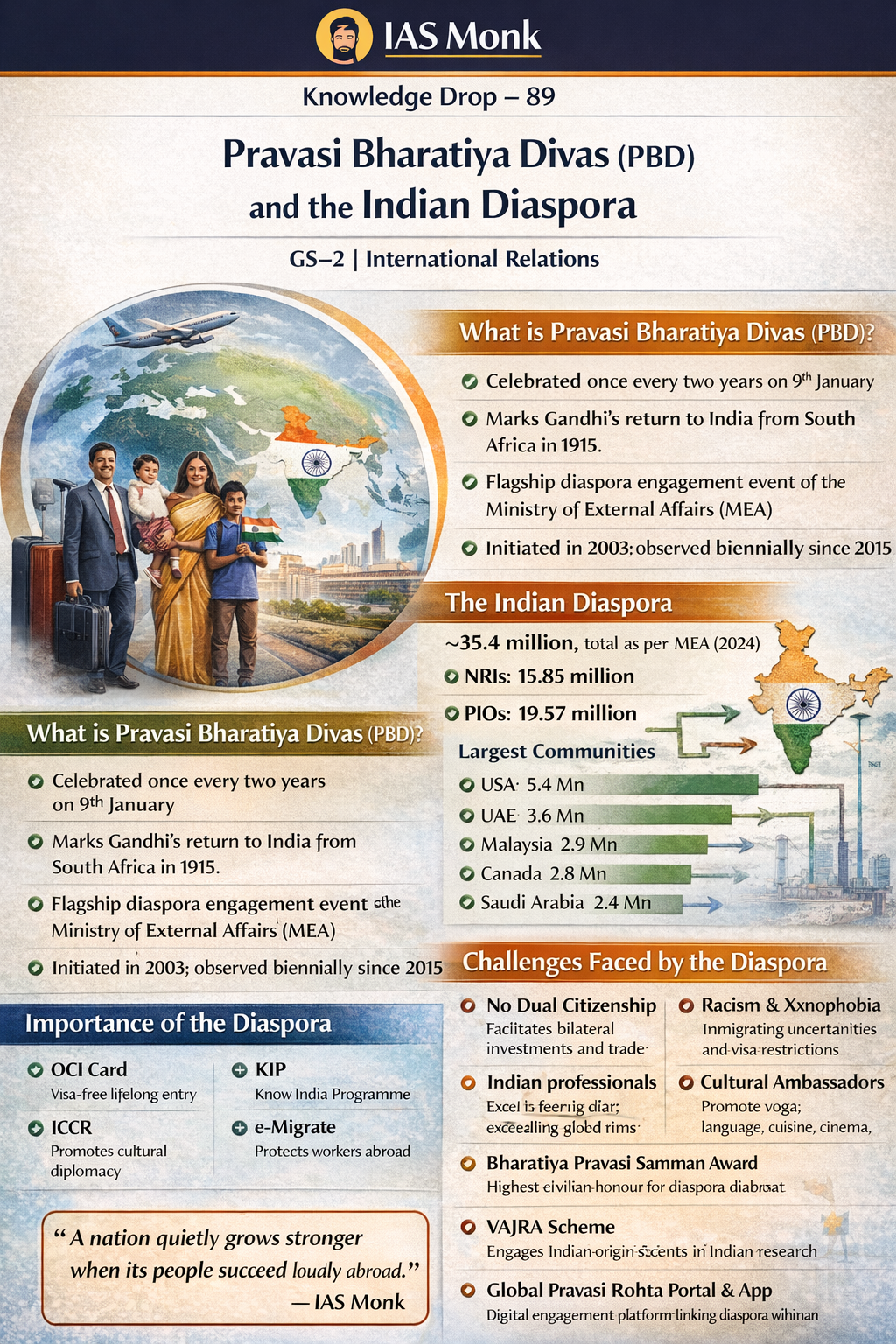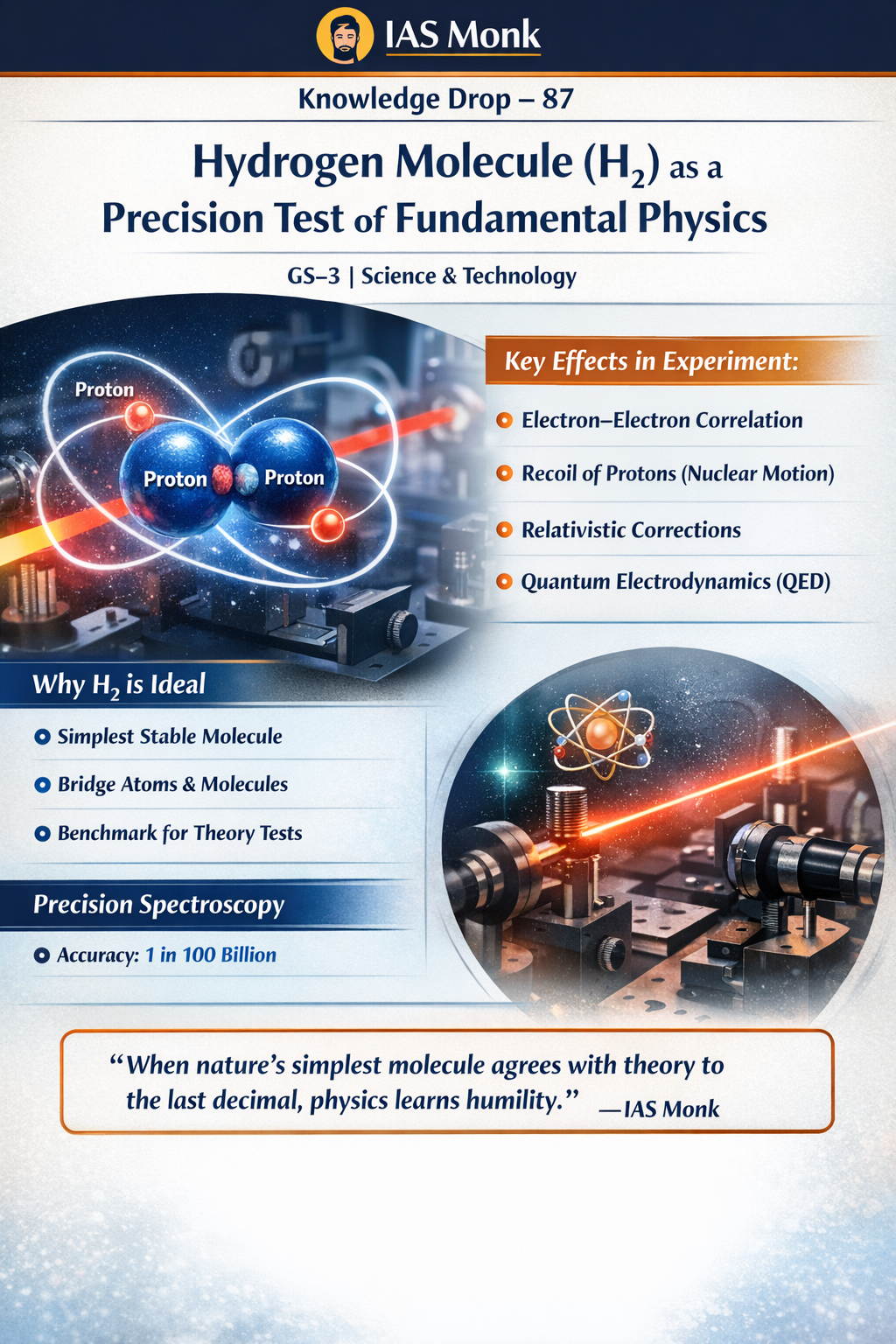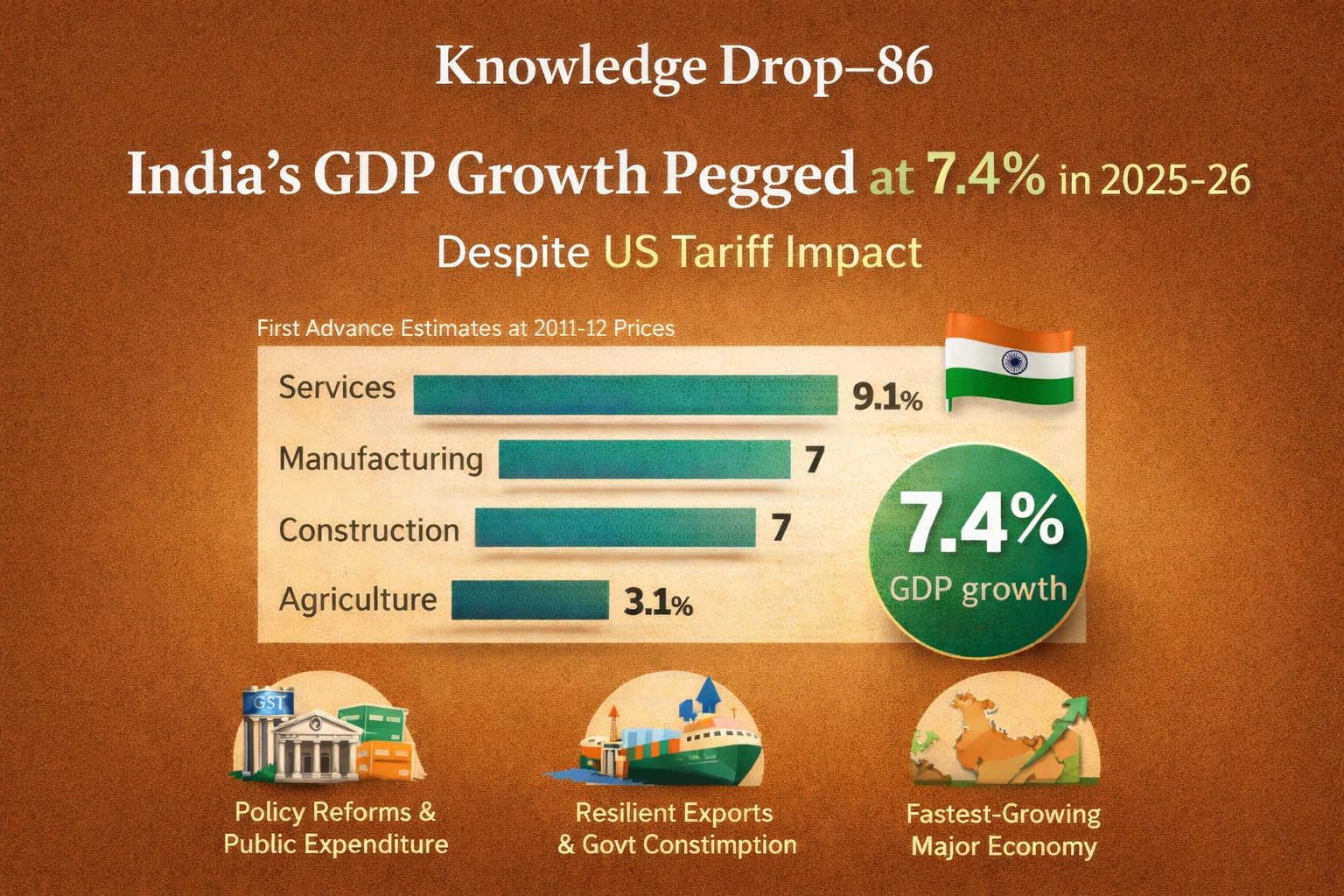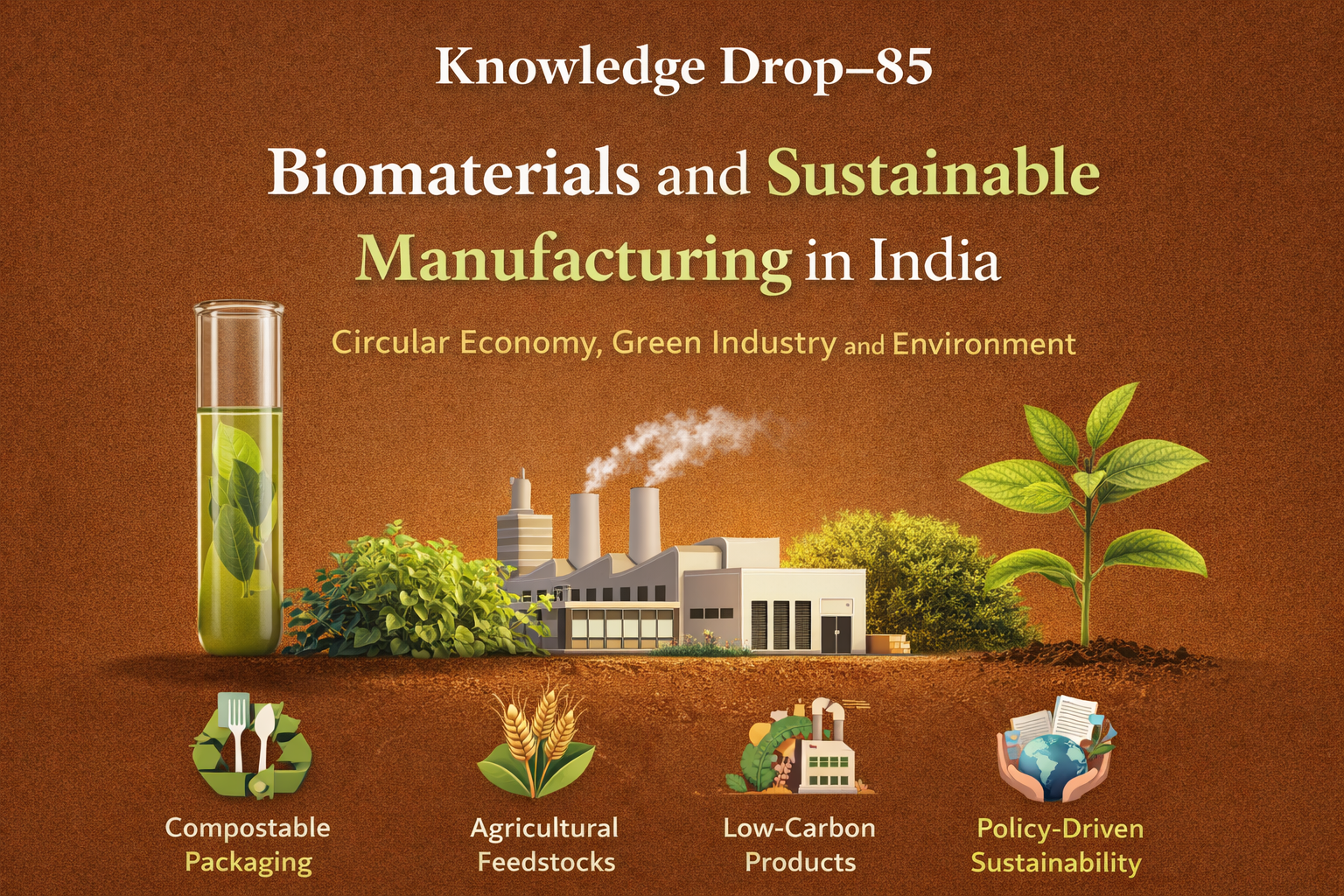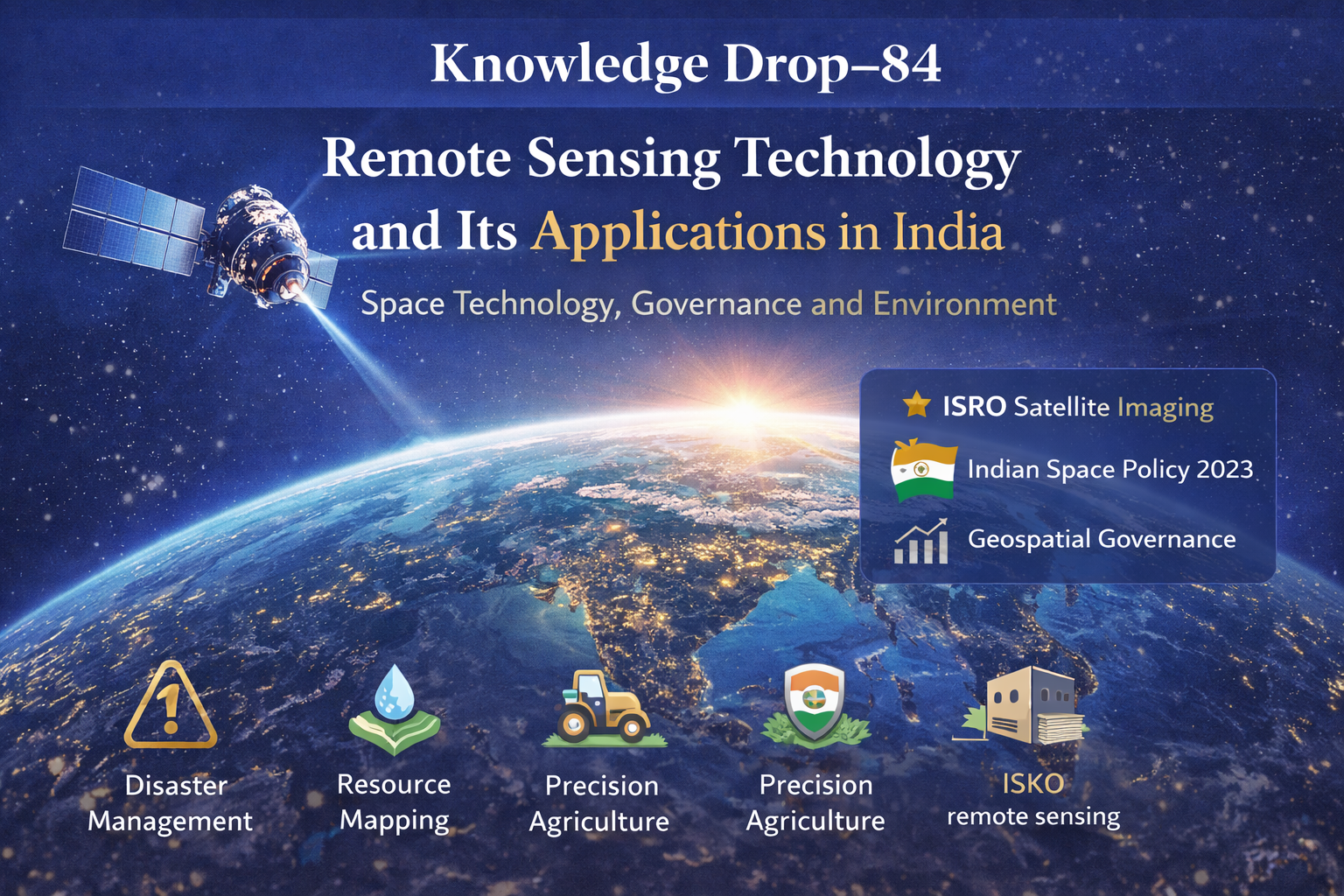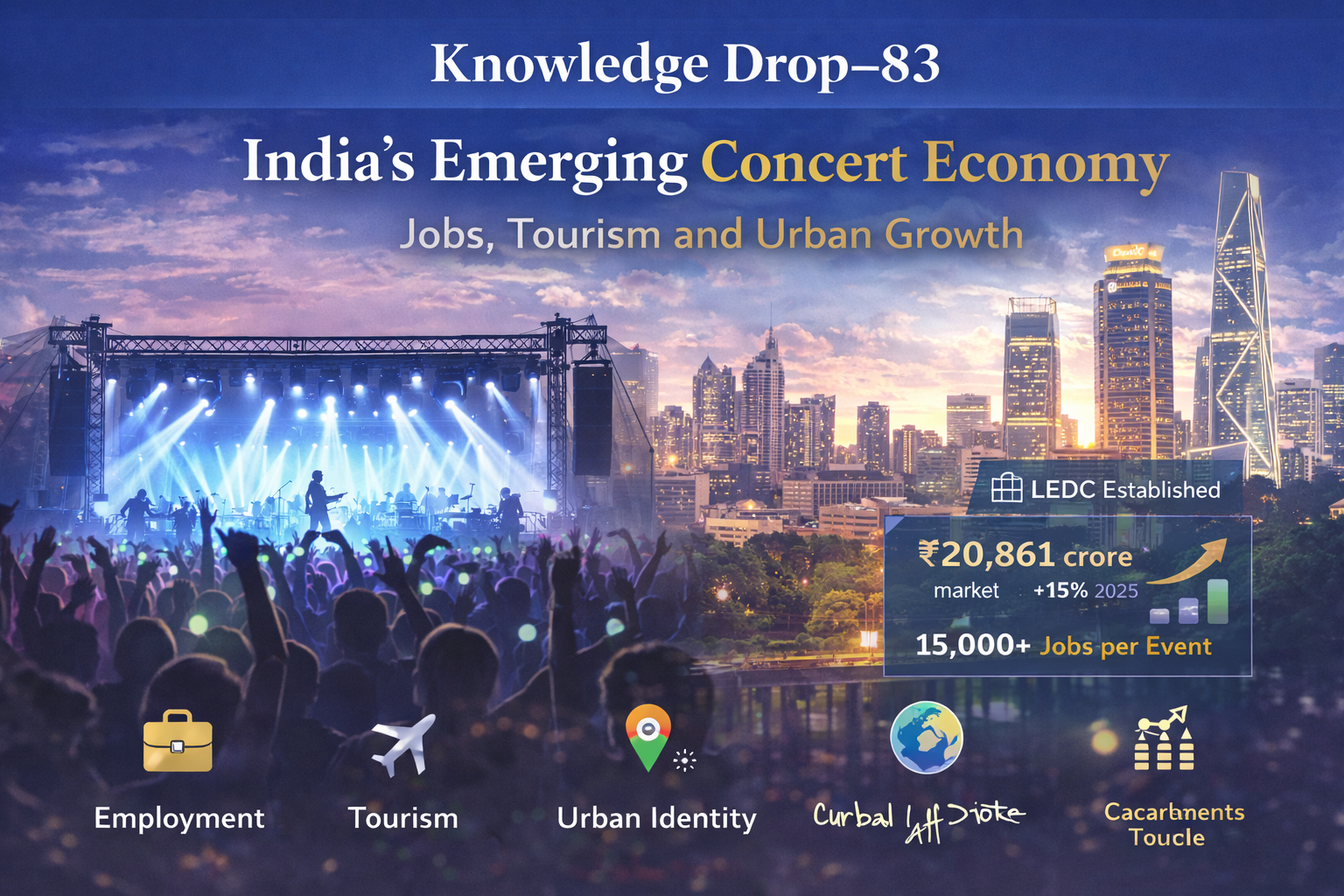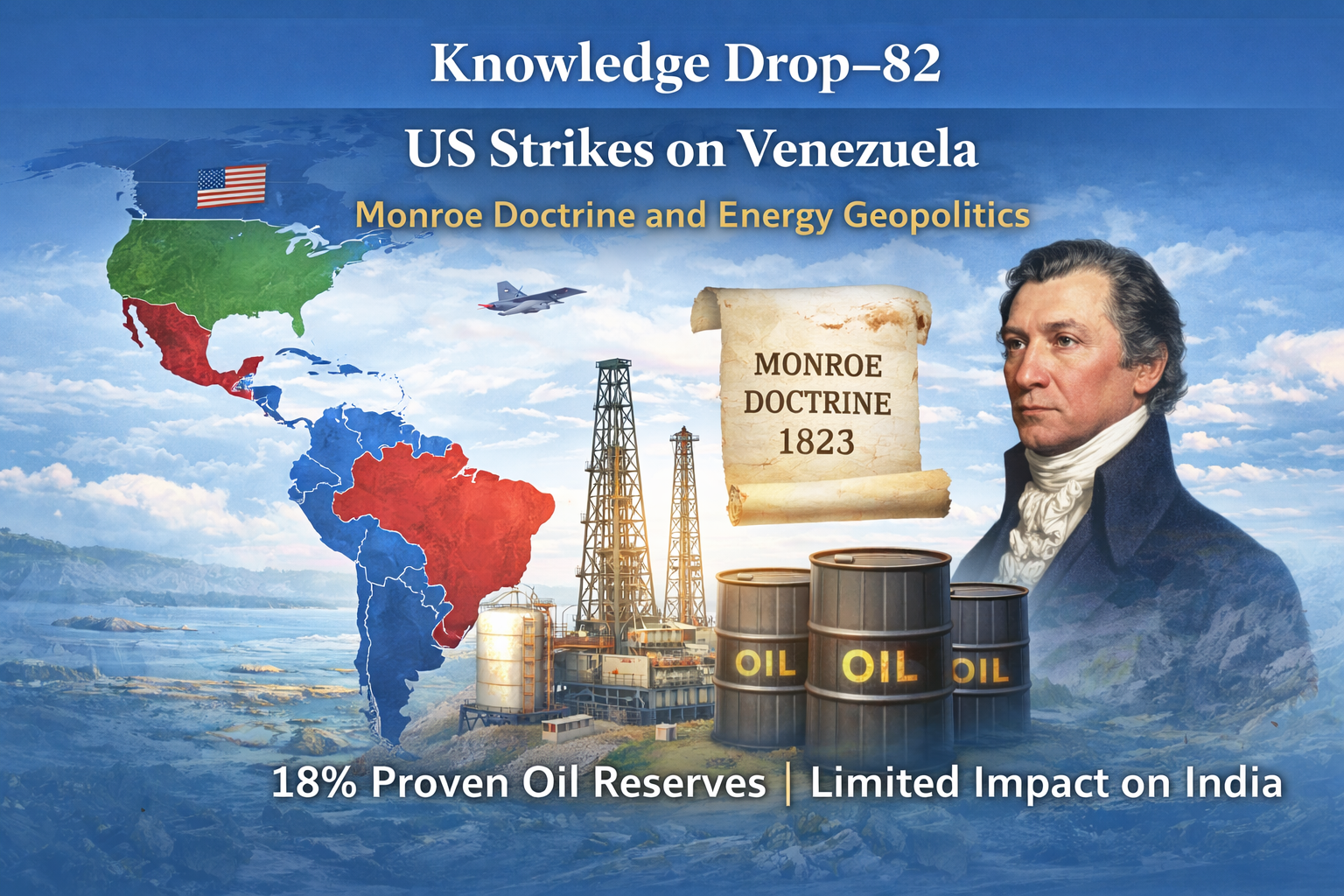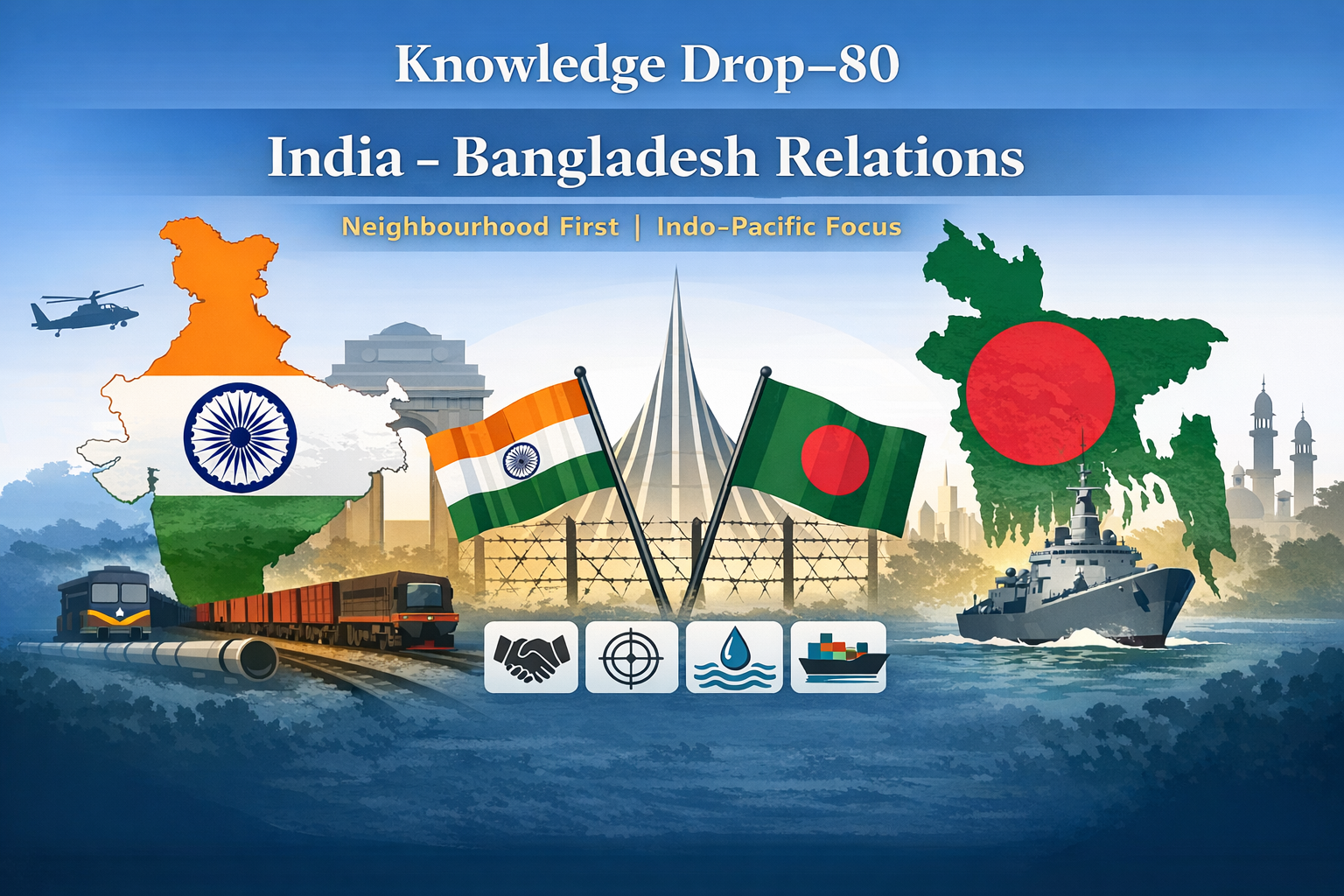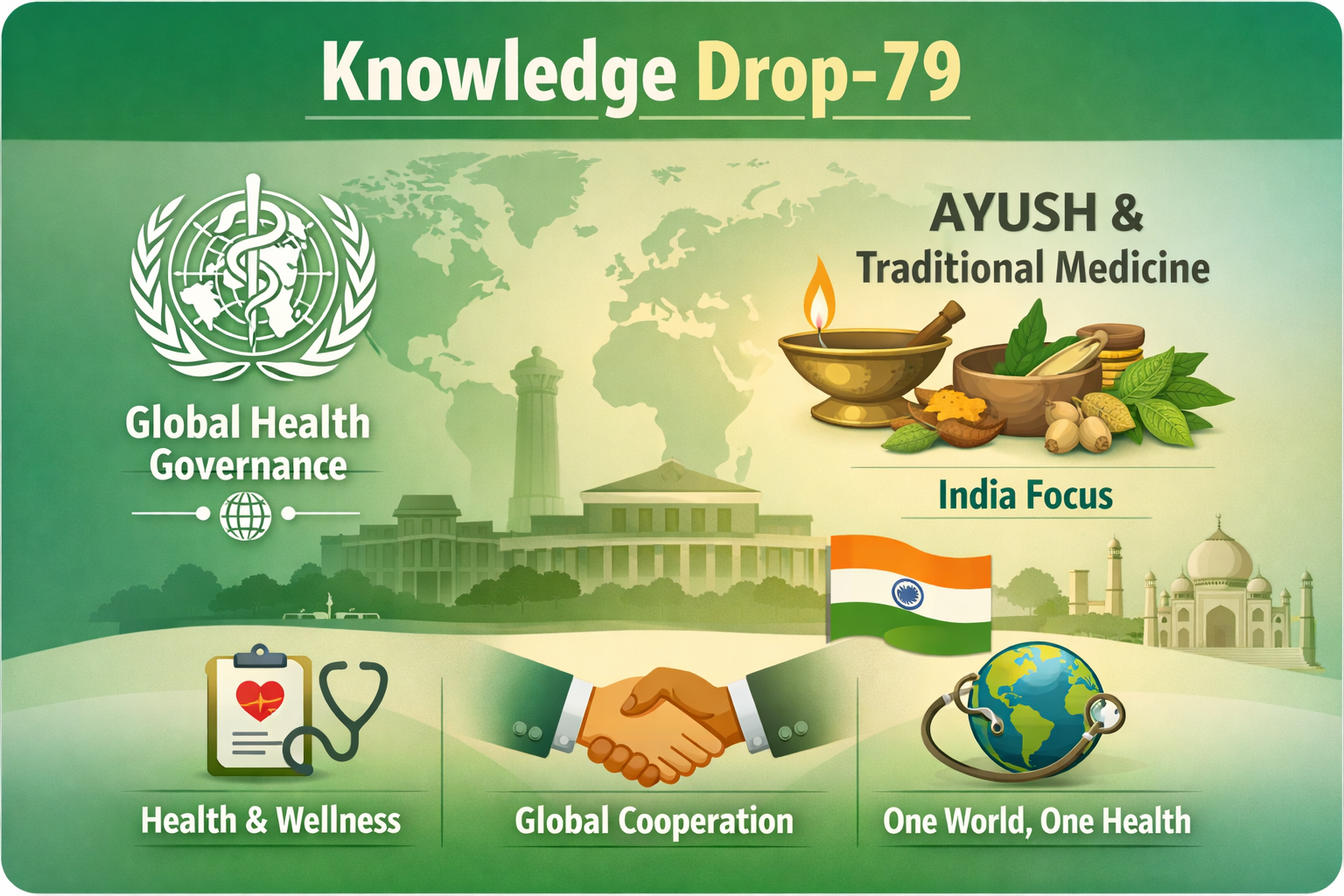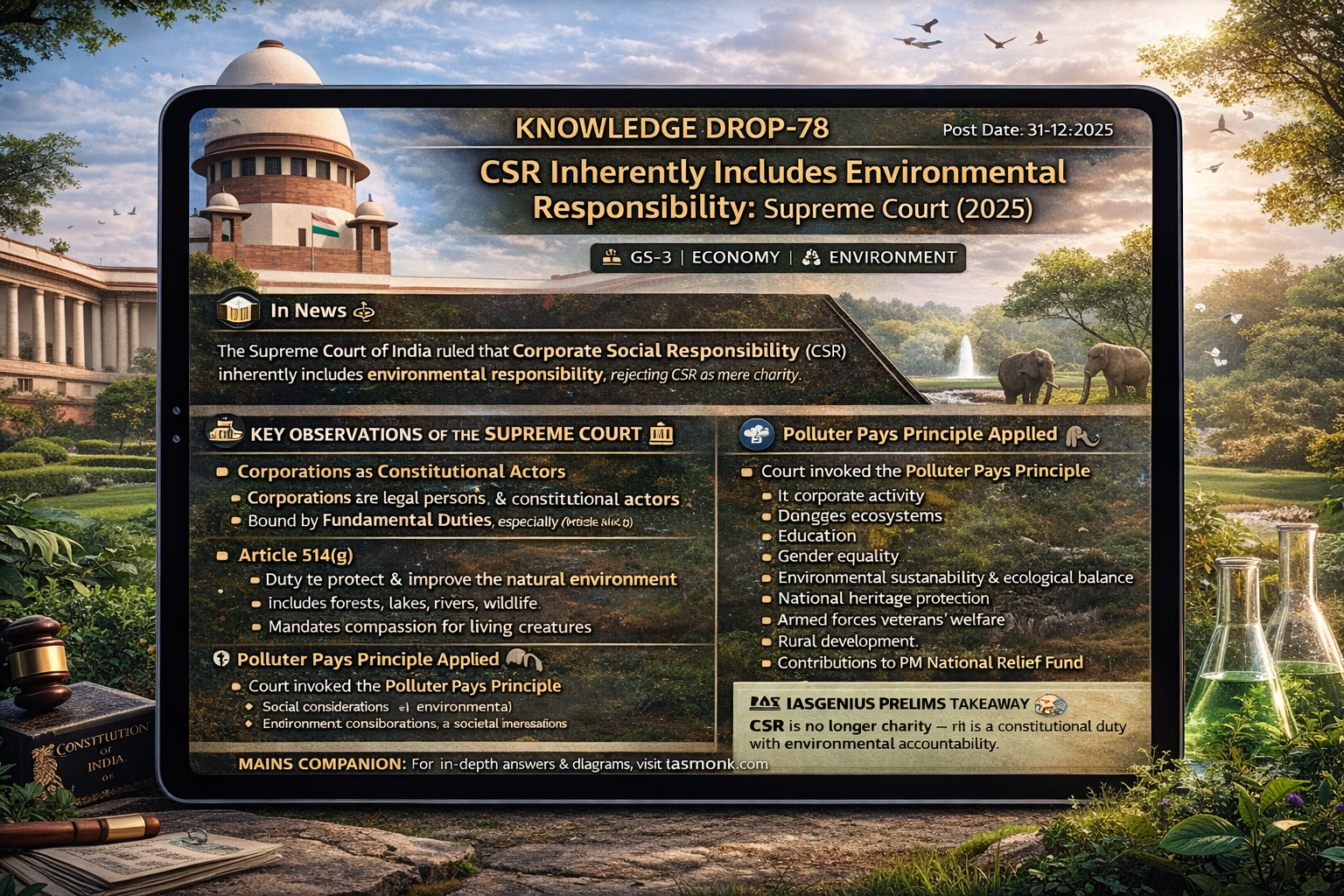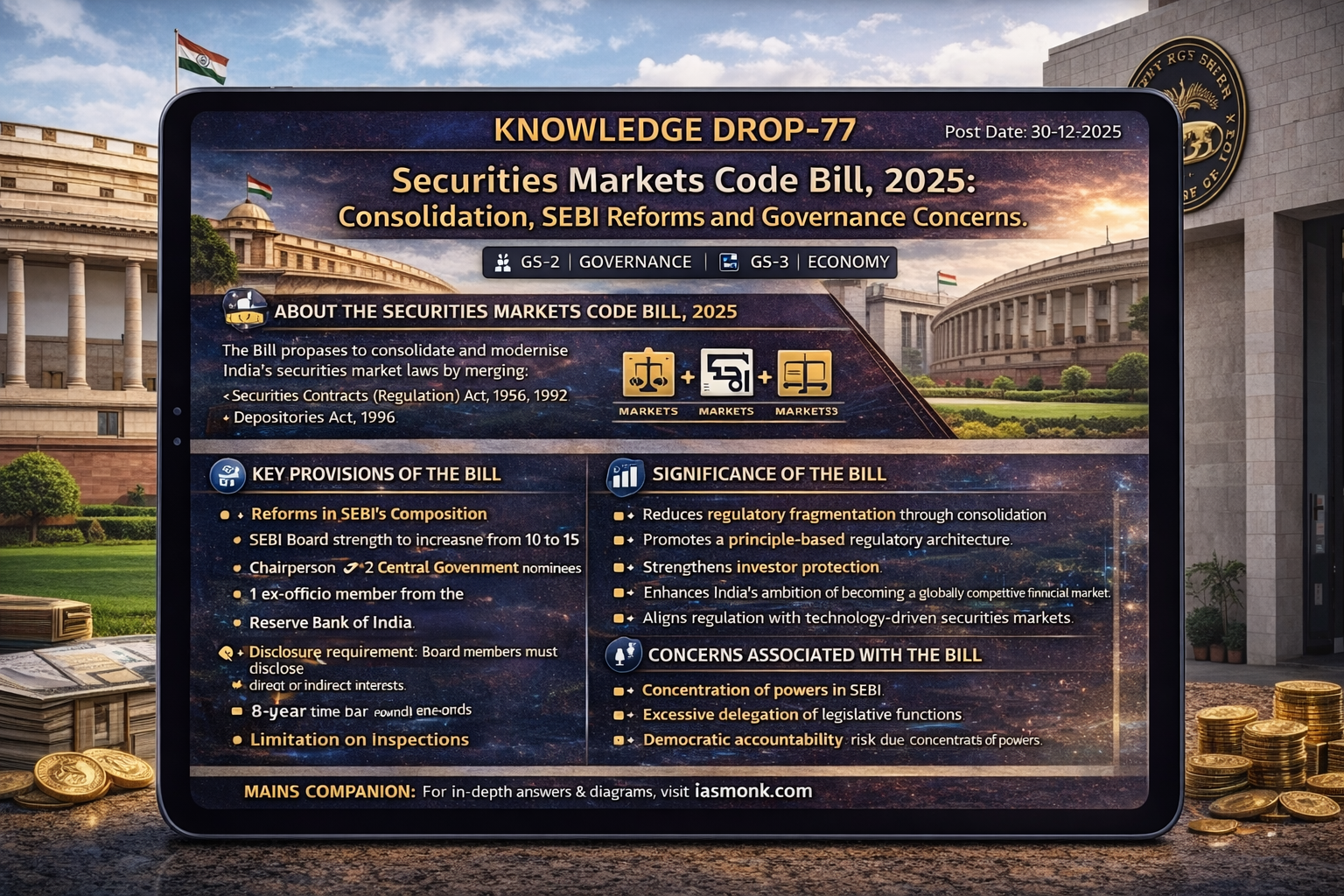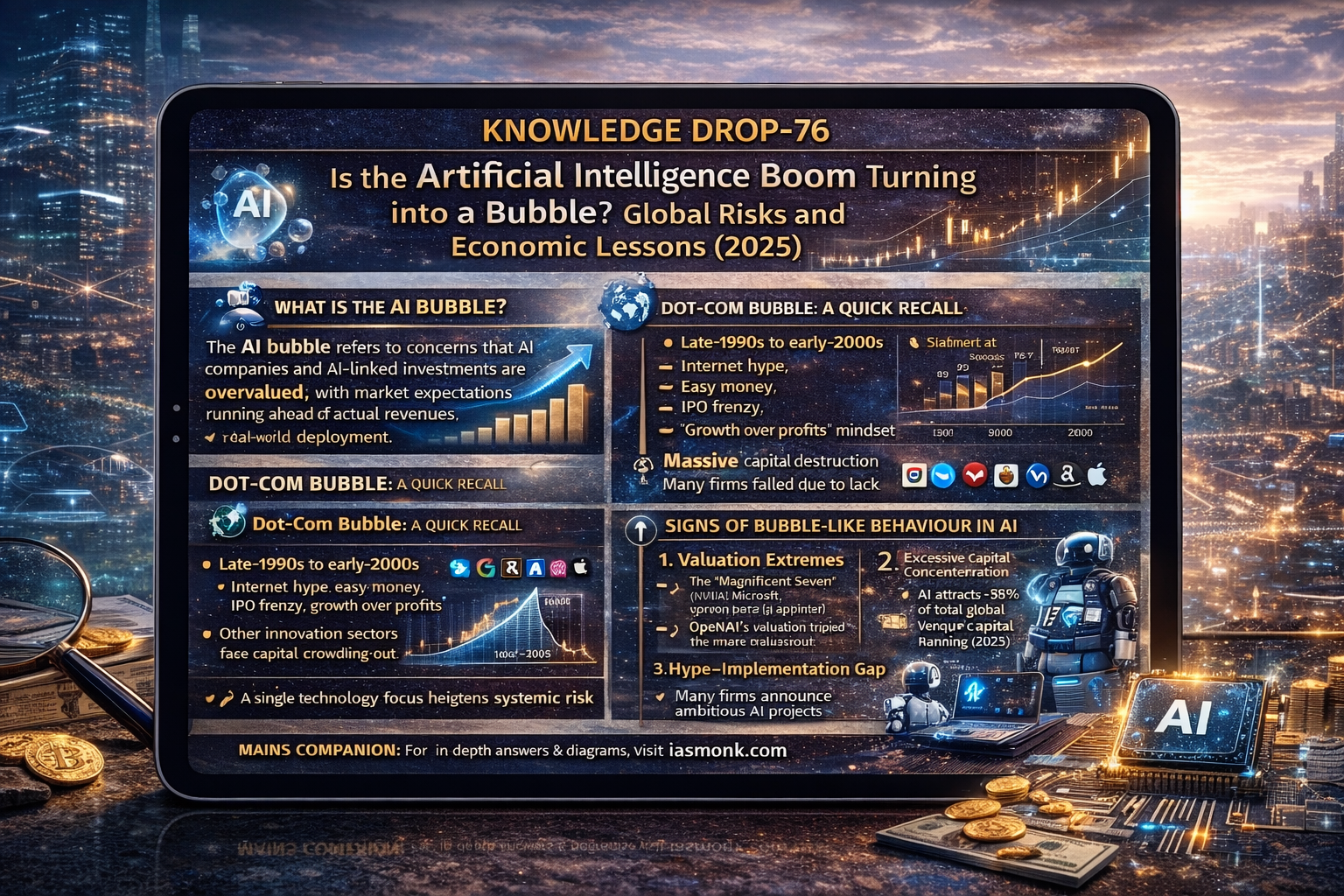
📅 May 10, 2025, Post 3: 🎓 JOSEPH NYE & THE RISE OF SOFT POWER | Mains Essay / Target IAS-26 MCQs Attached: A complete Package, Dear Aspirants!
🎓 JOSEPH NYE & THE RISE OF SOFT POWER —

May 10, 2025 | PETAL 003 | Category: News Drop / International Relations / Thought Leaders
🕊️ Intro Whisper:
When empires spoke with armies, he whispered of culture. When power meant dominance, he redefined it as persuasion. Joseph Nye taught the world that attraction is power too.
📜 Key Highlights
About Joseph Nye
• Renowned American political scientist (1937–2025)
• Passed away on May 6, 2025, aged 88
• Known for coining the term “soft power”, a defining concept in global diplomacy
What is Soft Power?
• The ability of a country to influence others through attraction rather than coercion or payment
• Explained in his 2004 book: “Soft Power: The Means to Success in World Politics”
• Sources of soft power:
– Culture (films, music, food)
– Political values (democracy, freedom, pluralism)
– Legitimate foreign policy (humanitarian aid, peaceful diplomacy)
Contrast with Hard Power
• Hard Power = Coercion through military or economic means
• Soft Power = Persuasion through ideals, culture, and legitimacy
• Nye also developed “Complex Interdependence”, arguing that states are bound by webs of cooperation, not just force
Soft Power in Action
• Hollywood, Apple, and NBA: Cultural icons of American lifestyle
• K-pop and Korean drama: South Korea’s soft power boom
• Yoga diplomacy & Ayurveda: India’s ancient soft power resurgence
🧭 GS Mapping
GS Paper 2 – International Relations, Diplomacy, Power Dynamics
GS Paper 4 – Ethics and Influence without Coercion
Essay – The Power of Attraction in Global Affairs
⚖️ Criticism and Legacy
• Critics argue hard power still dominates realpolitik
• Nye responded: “Smart power” = the right balance of hard and soft power
• Warned that Trump-era foreign policy weakened America’s global image
• Advocated for restoring liberal values and multilateralism
💭 A Thought Spark — by IAS Monk
True power does not come from the barrel of a gun, but from the beauty of a song, the dignity of values, and the legitimacy of purpose. In Joseph Nye’s world, power was not feared—it was followed.
High Quality Mains Essay For Practice :
Word Limit 1000-1200
The Power of Attraction in Global Affairs
— Influence Without Invasion, Harmony Without Hegemony
Introduction: When Power Whispers Instead of Commands
In the fierce theatre of international politics, power is often seen as the might of armies, the pressure of sanctions, or the size of economies. Yet, beneath the roar of tanks and the clink of currencies, there is another kind of power—the power that whispers, attracts, and persuades. This is the power that makes a country desirable, not feared; respected, not resisted. This is the power of attraction, or what Joseph Nye famously called soft power.
In an age of global interconnectedness and ideological fatigue, attraction has become as potent as aggression. It shapes perceptions, draws allies, fosters goodwill, and builds global legitimacy. This essay explores how attraction—not coercion—is emerging as a cornerstone of global influence in the 21st century.
The Concept: Defining the Power of Attraction
The term “soft power” was coined by Harvard political scientist Joseph Nye in the late 1980s. He defined it as “the ability to get what you want through attraction rather than coercion or payment.” While hard power is about military and economic force, soft power operates through:
- Culture (e.g., films, music, literature)
- Political values (e.g., democracy, freedom, pluralism)
- Foreign policy legitimacy (e.g., humanitarian leadership, moral standing)
A country that others admire will have greater diplomatic leverage, coalitional magnetism, and resilience in crises—without firing a single bullet.
Why Attraction Matters in Today’s World
1. Erosion of Ideological Rigidities
In the post-Cold War era, the world is no longer divided along strict ideological lines. People now seek value-based engagement over authoritarian alignment. A nation’s image, inclusivity, and ethos can matter more than its arsenal.
2. Information Age Diplomacy
In a world of instant connectivity, global citizens are constantly exposed to narratives. Countries that tell compelling stories—through cinema, social media, tourism, or academic exchanges—gain hearts before borders.
3. Declining Utility of Raw Force
Military dominance may win battles, but not loyalty. The US invasion of Iraq, the Russian intervention in Ukraine, and China’s maritime assertiveness show how hard power often isolates, while attraction cultivates durable partnerships.
4. Global Youth and Cultural Influence
Younger generations are shaped more by Netflix, K-pop, and TED Talks than by nationalistic propaganda. Global public opinion is now a strategic battleground, and the weapon is inspiration, not intimidation.
Examples of Soft Power in Global Affairs
• United States
Despite military controversies, American universities, brands, music, tech, and freedom of speech have ensured its enduring allure. Hollywood and Silicon Valley are perhaps more persuasive than the Pentagon.
• South Korea
From BTS to Squid Game, South Korea has turned cultural capital into global admiration. The “Korean Wave” has elevated Seoul’s global clout beyond its size or economy.
• India
India’s soft power lies in its civilizational ethos—yoga, spirituality, non-violence, Ayurveda, and a pluralistic democracy. The International Day of Yoga, celebrated globally, is a diplomatic masterstroke of attraction.
• Japan
Post-WWII, Japan rebuilt its global image through technology, design, anime, and pacifism, making it a cultural superpower despite limited military engagement.
India’s Soft Power Diplomacy in Practice
- Vaccine Maitri: Sharing COVID vaccines with over 90 countries enhanced India’s global goodwill.
- Diaspora Diplomacy: Indian-origin CEOs and political leaders influence host nations favorably.
- Digital Public Goods: India’s push for Digital Stack diplomacy showcases its democratic digital model.
- Development Partnerships: From Africa to the Indo-Pacific, India’s aid is demand-driven and non-intrusive.
Limitations and Criticisms of Soft Power
While attractive, soft power is not a substitute for security or deterrence. Critics argue:
- Soft power lacks enforcement in times of existential threats.
- Cultural projection can be misinterpreted as neo-colonialism.
- Soft power requires consistency of values—authoritarian backslides or internal divisions can damage global perception.
- It is difficult to quantify, making investment in it politically risky.
Moreover, soft power alone cannot deter military aggression—it must be part of a smart power strategy, combining attraction with credible deterrence.
Soft Power vs Hard Power: A False Dichotomy?
In reality, the power of attraction and power of coercion are not rivals but relatives. The most successful countries today do not choose one over the other—they blend them strategically.
- The US uses its military bases and Marvel universe in tandem.
- China combines Confucius Institutes with Belt and Road initiatives.
- France deploys culture and cuisine alongside African interventions.
- India’s defense diplomacy is accompanied by yoga diplomacy.
Thus, the future lies in smart power—using hard tools where needed, but soft means to win the long game of global relevance.
Future Prospects: Attraction in a Fragmented World
As nationalism rises, democracies backslide, and tech rivalry deepens, the world needs shared dreams more than shared fears. Attraction will be pivotal for:
- Climate coalitions (e.g., India’s Solar Alliance)
- AI ethics and digital inclusion
- Multilateral forums like G20 and BRICS
- Educational and cultural exchanges that build cross-border empathy
In this regard, India has a unique role—a civilization steeped in peace, diversity, and dialogue. If pursued consistently, India can emerge as the moral compass of a multipolar world.
Conclusion: Power is Not Always a Fist—Sometimes, It’s a Hand Extended
In the end, global affairs are not won only through invasions or sanctions. They are shaped quietly—through stories told, values lived, and trust built. The power of attraction humanizes power. It turns borders into bridges, suspicion into friendship.
Joseph Nye’s vision reminds us that it is not enough to be feared; one must also be followed, admired, and welcomed. The nations that understand this truth will not just rise—they will lead.

